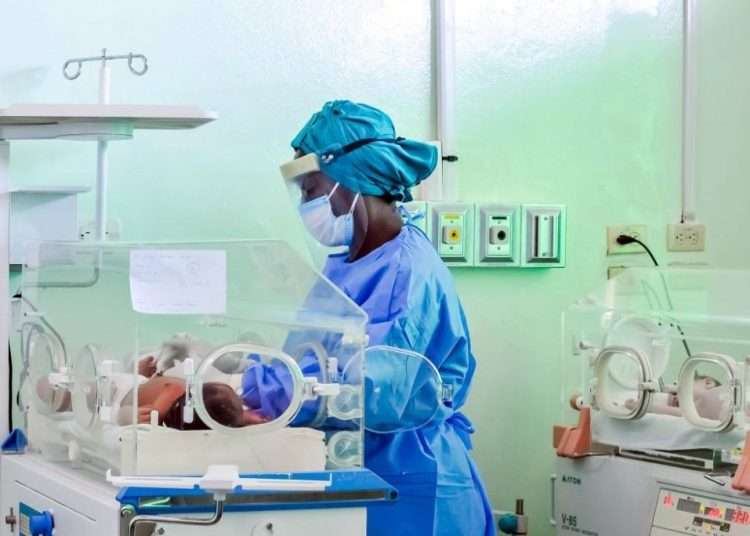|
Getting your Trinity Audio player ready...
|
A survey of just over 12,000 people confirmed the low fertility levels in Cuba, said María del Carmen Franco Suárez, deputy director of the Center for Population and Development Studies, quoted this Wednesday by state media.
Accumulated fertility, according to the specialist attached to the National Statistics and Information (ONEI), stands at an average of 1.14 children per woman between the ages of 15 and 54, and rises to 1.6 when they have already had children. At the end of the reproductive period it reaches 1.63.
It would be the lowest rate in the region (where the average is 1.85, according to the Economic Commission for Latin America and the Caribbean) and equal to that of industrialized countries with low birth rates, according to an EFE report.
However, Franco Suárez acknowledged that, despite the data provided by the survey, the majority of women (87%) and men (76%) in Cuba become mothers or fathers at some point in their lives.
Economic shortages, migration…
A recent article published by Cubadebate pointed to the economy as the main cause of women of childbearing age giving up or postponing motherhood, especially after the application in January 2021 of the so-called Task of Reorganization.
“There is no proportional increase in births,” the media pointed out at the time about a situation that it described as “alarming.”
Women continue to prioritize, in most cases, personal projects in the midst of the “galloping inflation” that the country is experiencing with a sustained rise in product prices.
Cuba has not reached the population replacement rate since 1978, han for every one woman there should be another to replace her in the reproductive role. The Cuban government recognizes among its urgency economic shortages, migration and limited access to housing.
Other indicators
Another indicator evaluated in the National Fertility Survey was the order of birth, in which a tendency to truncate the reproductive process is observed, when a maximum of two children have been had.
In addition, Franco Suárez explained that the age of sexual initiation is very early. 69.8% of women and 75.8% of men started relationships before the age of 18, while 10.8% and 15.9%, respectively, began before the age of 15.
Regarding teenage pregnancy, 20% of women became pregnant at least once before the age of 18, and 15.6% of those between the ages of 15 and 19 have been pregnant. 84% of teenagers became pregnant due to carelessness and 48% due to misuse of contraceptives.
Similarly, the average age for first pregnancy was found to be two years younger than the age of the first child, an indication that many first pregnancies are terminated before procreation.
Interruption of pregnancy
Abortions and menstrual regulations have increased by 14 percentage points between 2009 and 2022 in Cuba, according to data provided by EFE.
About 35% of unwanted pregnancies ended in abortions or menstrual regulations. 25.6% of the respondents reported that they carried their pregnancy to term despite not having wanted it.
The 2022 National Fertility Survey, which was carried out from April 1 to 30, 2022, is the third applied in the country and the second that takes men into account.
In addition, it covers the entire population from 15 to 54 years of age, men and women, permanent residents in private homes. It has national, urban-rural representation and for four regions of the country: Havana, the West, the Center and the East.










